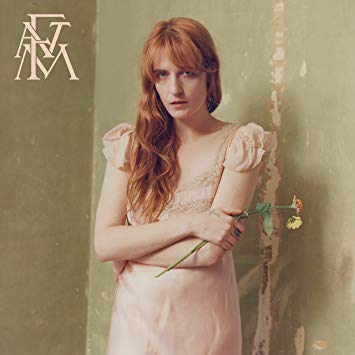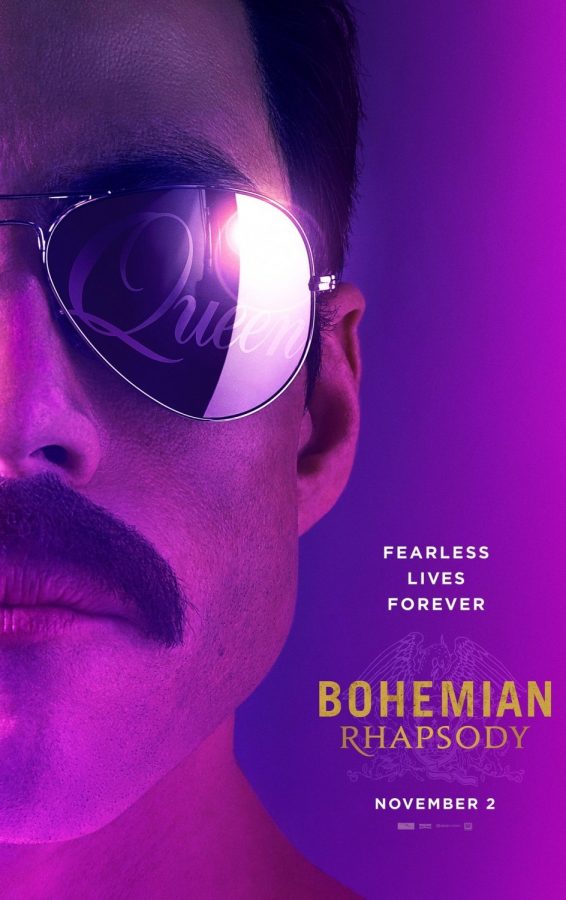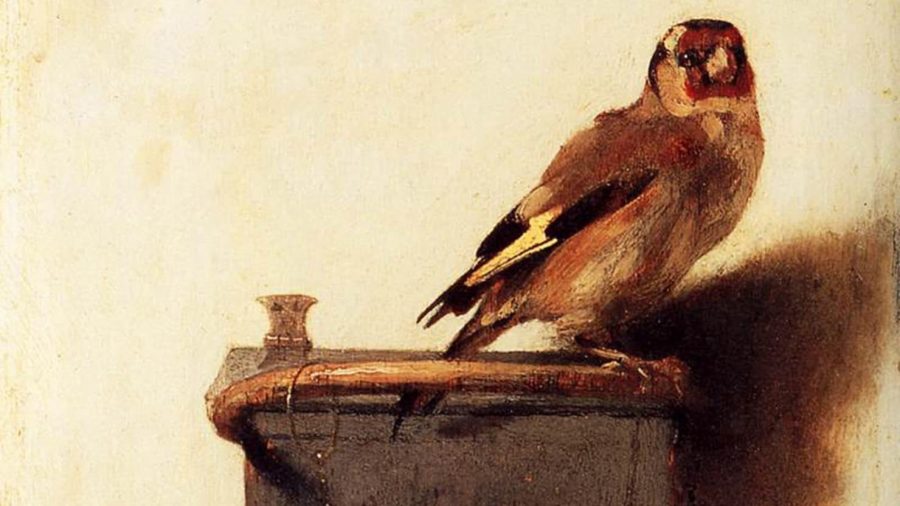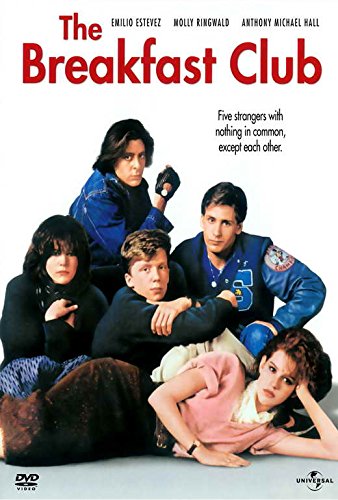
by Peter Diamond
Every sophomore takes the same history course, modern world history, which might as well be renamed modern European history, or, for the occasional instance in which the curriculum diverts to Asia or Africa, should be renamed modern world history through a western lens.
Of course, one can explain the curriculum through writer Thomas Carlyle’s Great Man theory (a theory you may have learned about in history class), which states that history is taught through the eyes of whoever is on top of the world. It just so happens that the western world was supremely powerful throughout much of early modern history.
Unfortunately, Carlyle’s theory has some merit to it, considering the fact that the most accessible sources to educators worldwide tend to be from the perspective of the great men rather than the underdogs of world history. The consequent homogeneity of the resources that we use to learn history may be inevitable, but perhaps it is also obstructive. These limits force us to ask the question as to whether or not it is possible to teach history without a western bias.
To disclaim, I would like to emphasize that in the above statements, the term history is not used to describe an actual conglomeration of past events, but rather to describe the story that historians have been able to muster through existing artifacts. Unsurprisingly, most artifacts that withstand the test of time belong to the most powerful nations and people for one reason or another, thus supporting Carlyle’s theory.
Imperialism is the sophomore modern world history unit in which the western bias is most prevalent, and many sophomore classes are ending this unit around this time of year. The unit is taught largely through the use of sources that use westernization and modernization interchangeably, as though non-western countries had to adopt European culture in order to be contributing members of a modern world.
Regardless, I am certain that at a school that has access to enough resources to offer history courses that do not focus too heavily on the west, such as East Asian studies, there is a way to teach modern world history in a more well-rounded, universal way. Perhaps the problem lies solely in the sophomore course’s textbook, Glencoe World History by Jackson J. Spielvogel .
For example, the textbook describes Japan as modernizing at a faster rate than China as it adopts social and cultural traits of the west, but because China survives and thrives as a formidable nation during a so-called modern era without westernizing, shouldn’t its unique traits have an influence on what makes the post-French Revolutionary world modern? In this context, Japan’s credit for modernizing is basically due to its willingness to grow its navy. Perhaps if more resources were available that were indicative of China’s power during imperial times, the west’s influence of not only the world, but the sophomore curriculum, would not overflow the course with bias.
Likewise, the aforementioned imperialism unit is the only time that Africa is heavily touched upon in the sophomore course, and because this unit is taught in the context of western imperialism (hence the name), it further emphasizes the harmful and untrue claim that Africa has no history, a stigma that has little truth to it beside the fact that western imperialism delayed the continent’s ability to prosper throughout the past century.
Although this bias is inevitable, it makes me question whether I am currently taking a world history course or a western history course, considering the fact that a strictly European history course senior year exists–a class that does not disguise itself as universal.
Categories:
Topics in American Education: The west, the world and modernization
February 15, 2013
0
Tags:
Donate to The Newtonite
More to Discover













































